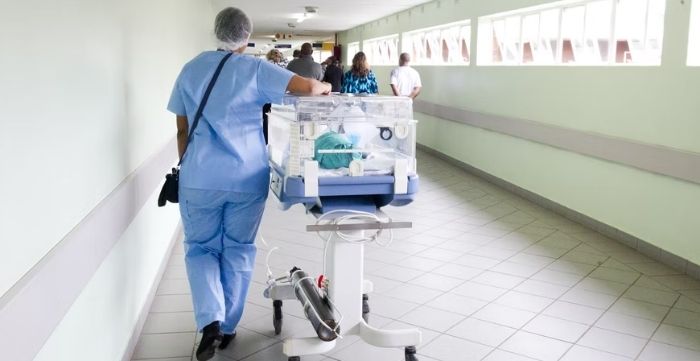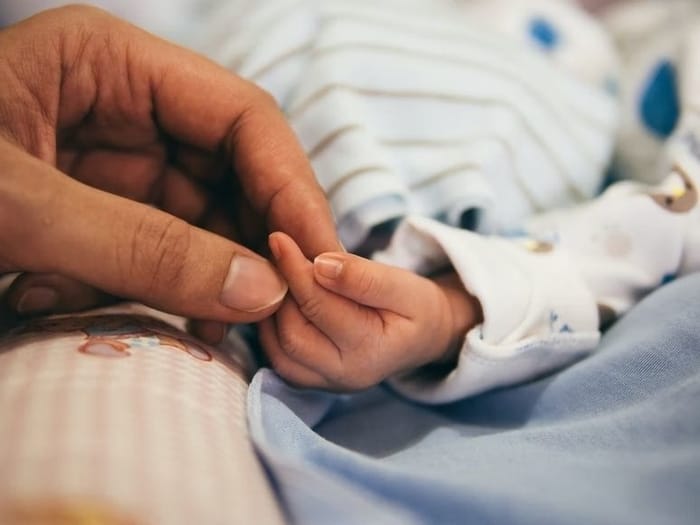 Health care in Dubai, and in general in the UAE, is so well-developed that just per one year the city was visited by more than 300 thousand medical tourists. Access to modern medical facilities is available both to natives and visitors. Even public hospitals in Dubai offer quality medical care. Most staff speak English. Read on to learn more about medical treatment in Dubai.
Health care in Dubai, and in general in the UAE, is so well-developed that just per one year the city was visited by more than 300 thousand medical tourists. Access to modern medical facilities is available both to natives and visitors. Even public hospitals in Dubai offer quality medical care. Most staff speak English. Read on to learn more about medical treatment in Dubai.
1. Health Care Service
Public hospitals supply low-cost or fully free health services to locals. Foreigners could use public hospitals only after receiving health cards.
Dubai Healthcare City is a modern health center serving Emiratis and foreigners. It is the size of a small town and includes fashion boutiques, hospitals, clinics, pharmacies, science, and training centers. Most likely, you will have to go there often, so we recommend to rent a car in Deira Dubai. This health center is neighboring, but the rental prices are much lower. The rental services here are quite in demand and offer great fleet of rental models: from sedans to sports cars for every purse.
2. Medical Record
To have access to help, you need a medical card in the UAE. It can be obtained from DHA. It’s possible to apply for it online or directly at the medical center. To do this, you need to specify your identification number, passport data, as well as pay about 90 dollars (for children less). The card allows you to get a 50% discount on medical services, as well as citizens of the country. However, it does not allow treatment in all clinics.
Some recommend getting a medical card, even with health insurance, as the policy may not cover everything.
3. Pharmacies
There are many pharmacies in Dubai and most of them operate around the clock. Prices are high enough. Many drugs cannot be bought without a prescription. For example, antibiotics, painkillers, sleeping pills, and antidepressants. As an option, you can bring drugs from another country, but make sure that they are allowed to import.
In Dubai, take medicines seriously. Unlikely you will find counterfeit drugs or expired drugs in the pharmacy.
4. Medicare
Dubai has had mandatory health insurance for everyone since 2014. Emiratis were served in public clinics and foreigners were served in private clinics. As a rule, companies provide health plans to foreign employees, their spouses/wives, and children.

5. Emergency Care
Anyone can get emergency care at a public hospital. Foreigners most often complain of heatstroke, sunburn, dehydration, and breathing problems. Anyone who doesn’t have a medical card gets a temporary one.
In a private clinic, you can also get emergency care, but it can be expensive without full medical insurance.
6. Dentistry
Dubai’s dental services can be very expensive, so many foreigners prefer to treat their teeth in their home countries. Also, the solution can be insurance, which covers the visit to the dentist. Some dental offices provide round-the-clock assistance.
7. Testing and Vaccination
Before arrival to the UAE, all foreigners must pass a test for HIV/AIDS, hepatitis B, and tuberculosis. In the event of a positive result, the alien may be deported. This decision cannot be appealed.
There are no vaccination requirements, but before you go to the city, it is worth making sure you have all the recommended vaccinations.

8. Pregnancy and Childbirth
Pregnant women should be registered at a hospital no later than the seventh month. It could be a private or a public clinic. A medical card, a passport (including the husband), and a marriage certificate will be required for registration in a State hospital. In Dubai, you can not give birth to those who are not married. 12 visits and scheduled tests will cost at least $700.
Contraceptives are available and easily accessible. Birth control pills are sold without a prescription, but it is recommended to consult a doctor. Abortion drugs are not available in the UAE. Abortion is illegal in the UAE and is used in exceptional cases: if a foetus has a life-threatening genetic disorder or if the woman’s life is at risk.
9. Language Barrier
English is spoken by almost all health professionals. In addition, many clinics already have recording robots that recognize more than 100 languages. Upon learning of your symptoms, they will refer you to the right doctor and notify him of your problems.
Leave a Reply